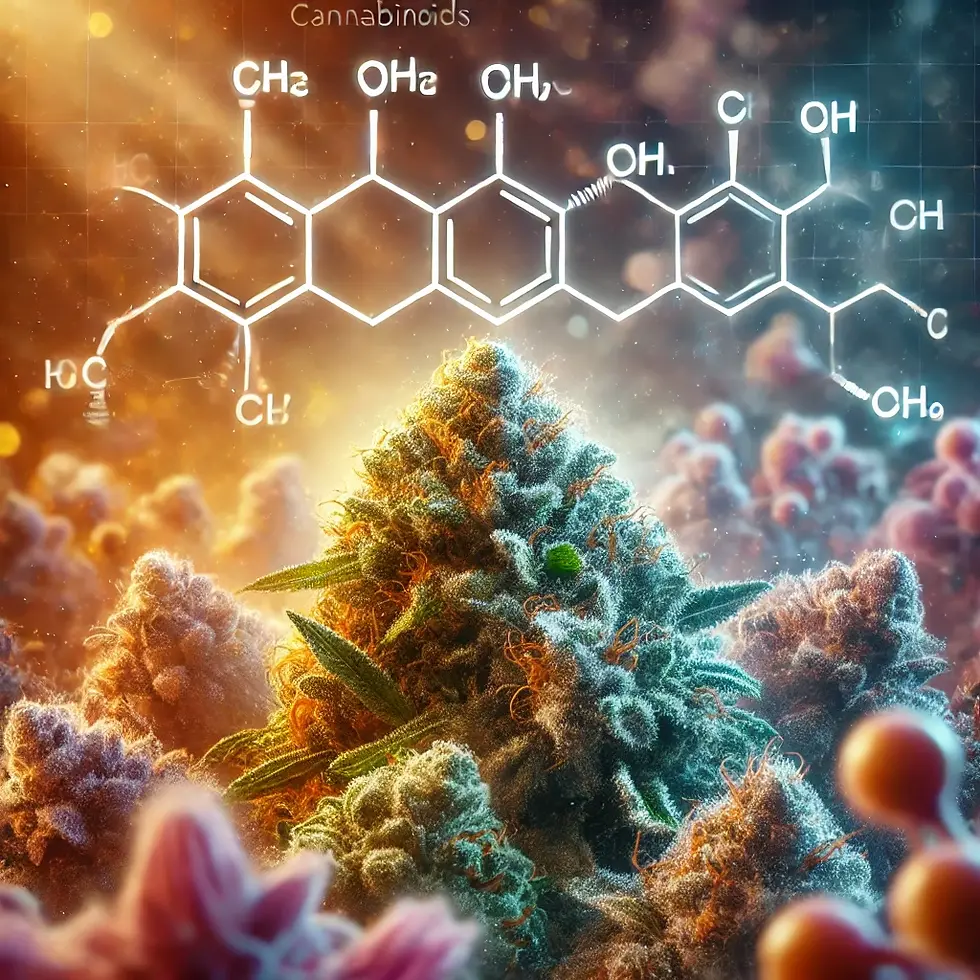Understanding the Legal Landscape of THCa
- Clutch Plug

- Nov 9, 2024
- 3 min read
Updated: Jan 16, 2025

Navigating THCa laws in the U.S. can feel like piecing together a puzzle blindfolded—complicated but manageable with the right breakdown. Let’s take a clear look at the rules surrounding THCa and intoxicating hemp, so you know exactly where things stand.
THCa and the 2018 Farm Bill
The 2018 Farm Bill set the stage for legal hemp and its derivatives, including THCa. This federal law legalized hemp with less than 0.3% Delta-9 THC by dry weight. THCa, the non-psychoactive form of THC found in raw cannabis, is covered under this umbrella as long as the product stays within the THC limit. But here’s where it gets tricky: THCa converts to THC when heated, creating a gray area in legal definitions and enforcement.
Intoxicating Hemp and THCa
THCa naturally occurs in cannabis plants and becomes psychoactive only when it’s decarboxylated (heated), which turns it into THC. That means federally legal hemp products with THCa can technically become intoxicating when smoked, vaped, or cooked. This unique quality of THCa has led to a patchwork of state laws, as each state interprets the federal standards differently.
State-by-State Regulations
When it comes to THCa, state rules vary widely. Some states follow the federal standard, allowing THCa products under the 0.3% Delta-9 THC limit. Other states, wary of THCa’s potential to turn into THC, enforce stricter rules or even outright bans on THCa products, regardless of their compliance with federal guidelines.
Where THCa Is Allowed
While many states permit THCa within the limits of the 2018 Farm Bill, others like Idaho, Mississippi, and South Dakota have tighter restrictions, prohibiting all forms of THC, including THCa, regardless of federal law. Laws can vary widely by state, so always check local regulations to stay on the right side of the law.
Related Article: Consumer Safety: What to Look Out for in THCa Products & the Companies Providing Them
Why Some States Restrict THCa
The main reason certain states clamp down on THCa is its potential to convert into psychoactive THC. Since THC remains a controlled substance outside the scope of federal hemp regulation, states with strict drug laws often choose to restrict access to any THC-like compounds as a precaution against misuse.
The Future of THCa Regulation
With the cannabis and hemp markets growing, THCa regulations are likely to evolve. Discussions in Congress and among state lawmakers may lead to more unified rules through potential Farm Bill updates or state-level changes aimed at aligning local and federal laws. As the demand for THCa products rises, so does the likelihood of clearer regulations to address the unique legal challenges THCa presents.
Wrapping It Up
Understanding the ins and outs of THCa laws is essential for anyone interested in this industry. At Clutch Plug, we’re committed to keeping up with the changing legal landscape, ensuring every product we offer is fully compliant and legally safe for our customers. Let us handle the legal details so you can enjoy THCa products with confidence.


